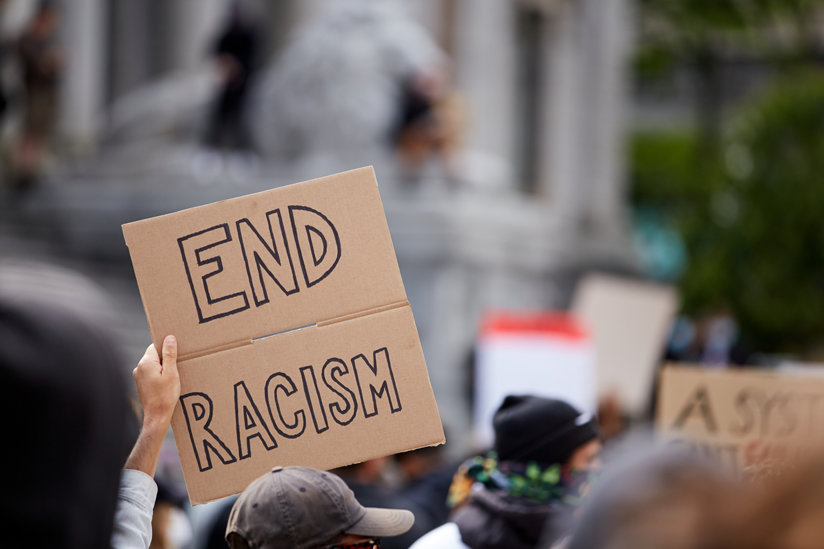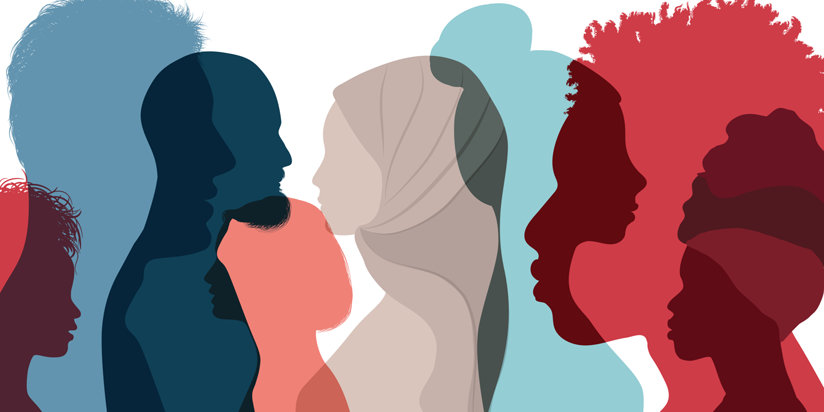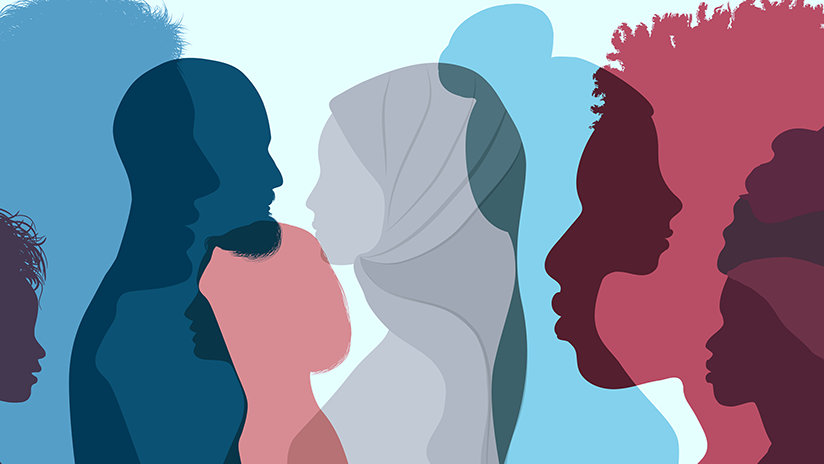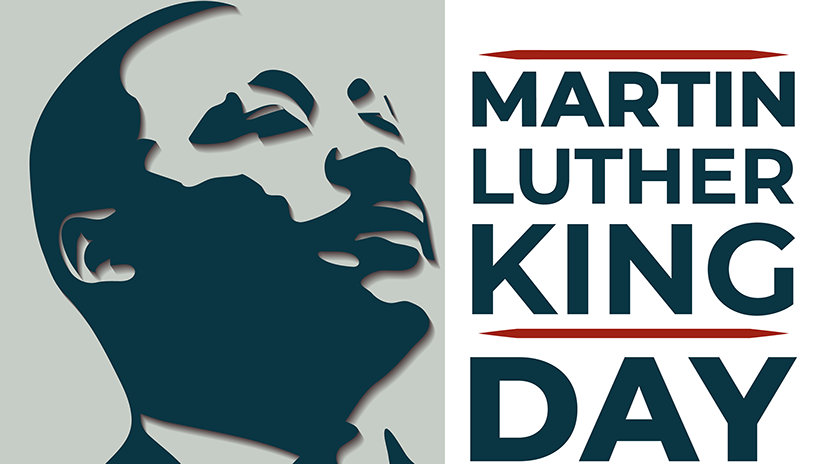
-
HOME
-
WHAT IS STANDOur Mission Our Values Our Help Contact
-
WHAT WE FIGHT FORReligious Freedom Religious Literacy Equality & Human Rights Inclusion & Respect Free Speech Responsible Journalism Corporate Accountability
-
RESOURCESExpert Studies Landmark Decisions White Papers FAQs David Miscavige Religious Freedom Resource Center Freedom of Religion & Human Rights Topic Index Priest-Penitent Privilege Islamophobia
-
HATE MONITORBiased Media Propagandists Hatemongers False Experts Hate Monitor Blog
-
NEWSROOMNews Media Watch Videos Blog
-
TAKE ACTIONCombat Hate & Discrimination Champion Freedom of Religion Demand Accountability
The United Nations Taps Youth as Our Best Hope Against Hate
Not one week after a shooting spree in Atlanta left eight dead, six of them Asian women; not two weeks after jury selection commenced for the man accused of murdering African-American George Floyd in cold blood; and barely one year after African-American healthcare worker Breonna Taylor was fatally shot by plainclothes police in a botched raid on her apartment, the United Nations observes its 42nd annual International Day for the Elimination of Racial Discrimination.

March 21 was chosen in order to commemorate the day in 1960 when police in Sharpeville, South Africa, opened fire and killed 69 people at a peaceful demonstration against apartheid “Pass Laws” in 1960. The “Pass Laws” limited the movements of African Blacks by compelling them to carry passbooks when in certain designated areas. The practice, an integral part of segregation and a blatant effort to suppress the Black majority of South African citizens, came to an end in 1986, and apartheid itself was dismantled in the early 1990s.
This past year with hate crimes on a steep rise nationwide—over 3,800 of them directed against Asians, and most of those targeting Asian women—the International Day for the Elimination of Racial Discrimination is chillingly well-timed.
One may wonder, what can a one-day observance do to quell the tide of violence against people whose only offense is the skin they wore when they first entered the world?
The theme of this year’s International Day provides a clue to the answer: “Youth Standing Up Against Racism.”
International Day for the Elimination of Racial Discrimination is chillingly well-timed.
This past year, the beating heart of the astonishing outpouring of millions showing support in marches against racial injustice were young people in their teens and twenties. Youth made its presence and its voice heard despite a worldwide pandemic which saw restrictions on public gatherings in many countries and young people were in evidence, not only on the streets but on social media, rallying others to the cause of justice and equal rights for all.
As 2020 wore into the summer and fall, not only did the pandemic gain momentum internationally, but so too did an epidemic of hatred and violence targeting certain races. It was the age-old scenario: find someone to blame, someone to fear, someone to hate, someone to scapegoat, someone unlike yourself, of course, someone who looks “different,” along with the others in their community, and then aim the pitchforks.

Young people, moreover, including those of color, experienced the pandemic in ways that other demographics did not. COVID-19 halted education for many, and cut down employment opportunities for those who would be entering the workforce for the first time. Couple the increase in racial discrimination and the resulting frustration at being prevented from participating in the community in a meaningful way, and it’s no wonder that it is the younger generation that has borne a heavy burden this past year.
And small wonder, then, that it is to the younger generation—one that has proven to be a wiser, more engaged, more passionate generation than its elders—that the United Nations has pinned its hopes for an end to racial discrimination and hate, once and for all.
Young people, through their constant engagement, constant dialogue, and constant forcing of the issue with those who would prefer to keep things as they are, will win the war against intolerance.
Because it’s hard to stay ignorant when you’re enlightened. It’s hard to hate from close up.









